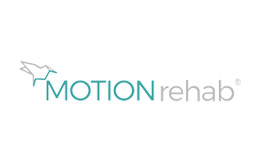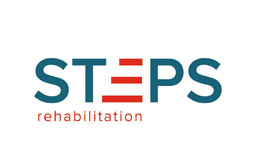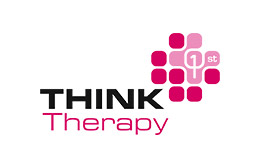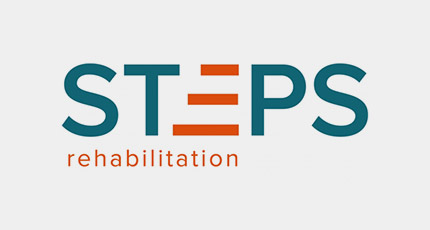Research
Our patients are at the centre of every VR experience
- Our client experiences and feedback have shaped this platform and will continue to do so
- Exercises are underpinned by the neurobehavioural model - understanding the link between brain and behaviour and the importance of playing to an individual's strengths
- We focus on real life, meaningful graded virtual realities to enable individuals to practise new skills safely and build confidence
VR The Evidence Base
VR uses interactive computer technology to allow you to feel like you are in a new world(1).
Studies have shown that the same parts of our brain are activated in virtual environments as they are in real life settings(2), and the skills we can learn in VR training have been shown to transfer into real life settings(3).
A large review of studies(4) which used VR in cognitive rehab (some up to five years long) demonstrated that VR can help people develop their day-to-day life skills. More and more research into this field is being undertaken.
References:
1) van Heugten, 2017;
2) You et al., 2005;
3) Brooks & Rose., 2003;
4) Larson et al., 2004.
Current VR research:
-
1
A Feasibility Study of Telerehabilitation in East Riding for Parents with Cognitive Impairment following Acquired Brain Injury. Dr Abayomi Salawu (Rehabilitation Medicine Consultant), Dr Katherine Dawson (Consultant Neuropsychologist), Dr Nine Brixey (Specialty Doctor Rehabilitation Medicine) & Dr Maureen Twiddy (Senior Lecturer in Applied Health Research Methods).
Hull University Hospitals Teaching NHS Trust
-
2
A Proof of Concept Study of the use of an Immersive Virtual Reality Rehabilitation Programme in patients with Acquired Brain Injury
Hull University Hospitals Teaching NHS Trust
Dr Abayomi Salawu (Rehabilitation Medicine Consultant and Co Chief-Investigator), Dr Katherine Dawson (Consultant Clinical Neuropsychologist) & Dr Gemma Forshaw (Clinical Psychologist)
Immersive Centre for Technologies, Leeds University: Research Collaborators:
Mr Ryan Mathew (Co Chief-Investigator) FRCS (Neuro.Surg.) PGDipClinEd PhD Associate Professor / Honorary Consultant Neurosurgeon Co-Lead, Stem Cells and Brain Tumour Group Neurosurgery Lead, NIHR Surgical MIC Academic Lead, Health and Wellbeing, Centre for Immersive Technologies University of Leeds & Leeds Teaching Hospitals NHS Trust.
Dr Will Bolton
Academic Clinical Fellow in Neurosurgery. -
3
A Proof of Concept Study of the use of an Immersive Virtual Reality Rehabilitation Programme in patients with Acquired Brain Injury
NIHR Brain Injury MedTech Competition: provides small funding awards to support early development of novel technology-based solutions relevant to the brain injury pathway.
Leeds Neurosciences Centre have won an award to trial Brain Recovery Zone platform after brain surgery / brain injury to evidence how VR can improve neuro rehab

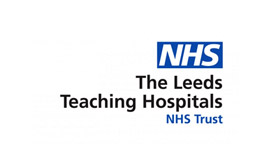
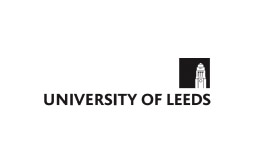
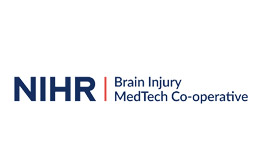
Do you want to link with us on future clinical studies, please contact us by email info@brainrecoveryzone.com
Client Stories
-
Kirsty’s Story
"... Since my stroke, I've been using the headset everyday to help my recovery and manage my feelings ..."
-
Ian’s Story
"... Since using the VR head set, I feel more in control and like myself again ..."
Collaborators



